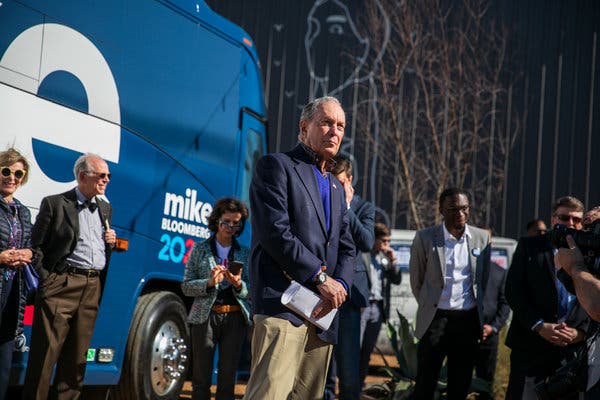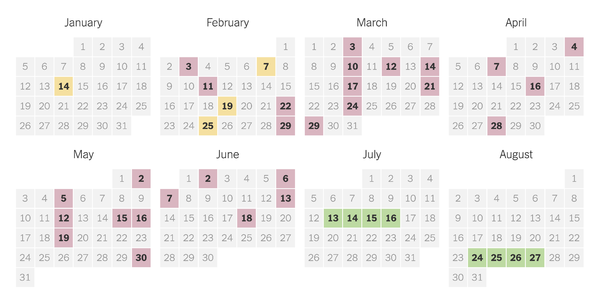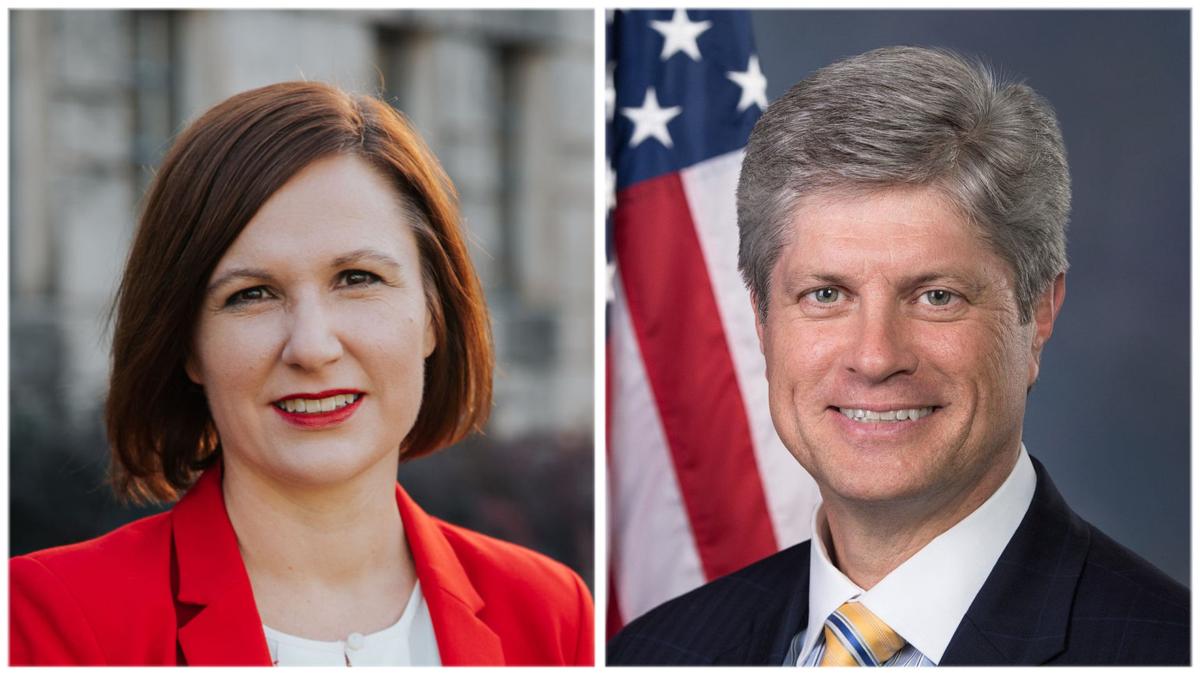Advertisement
The multibillionaire presidential candidate who has flooded the country with television and digital ads has received a second extension from the Federal Election Commission.

Michael R. Bloomberg, a multibillionaire who has flooded the country with more than $200 million in television and digital ads in his first two months as a presidential candidate, has requested and received an extension that will allow him to keep details of his vast personal fortune hidden until after millions of Americans vote in the 2020 primary.
The extended deadline for Mr. Bloomberg to file his financial disclosure form is now March 20 — more than two weeks after Super Tuesday, a day when roughly 40 percent of the delegates in the race will be up for grabs and after the Democratic primary could already be effectively decided.
“When people run for federal office, they’re supposed to provide this information,” said Meredith McGehee, the executive director of Issue One, a campaign watchdog group. “It’s not about whether I think so. The law thinks so.”
But because Mr. Bloomberg entered the race so late — in November, months after his leading rivals — he is still eligible for disclosure extensions deep into the primary calendar. And if Mr. Bloomberg were to drop out of the race before March 20 — say, after a disappointing showing on Super Tuesday — he could exit without making any financial disclosures of his fortune, which is worth an estimated $50 billion.
In that situation, Ms. McGehee said, “he’ll never file. That’s the danger.”

The 2020 presidential election may still be months away, but the primary process is already underway. Here’s a calendar of key dates.
The Bloomberg campaign did not immediately respond to a request for comment on whether he would make details of his wealth available sooner than March 20. His campaign has said previously that he would release his taxes but it has not said when or how many years’ worth.
Political transparency and potential conflicts of interest have become important topics in presidential politics as President Trump broke years of precedent and refused to release his tax returns in 2016 — and many Democrats do not want to cede their political advantage on the topic in 2020.
The amount of his own money that Mr. Bloomberg, a former mayor of New York City, has been pouring into the primary has become a major point of contention as some of his progressive rivals, led by Senators Bernie Sanders of Vermont and Elizabeth Warren of Massachusetts, have accused him of trying to effectively buy the nomination.
Lawrence H. Norton, a counsel for Mr. Bloomberg’s campaign, wrote to the Federal Election Commission on Friday that the Bloomberg team had “made diligent efforts” at filing the report.
“Due to the complexity of his holdings and the need to obtain certain information from third parties, Mr. Bloomberg needs additional time to gather and review his financial information,” Mr. Norton wrote in a three-paragraph letter.
The agency granted the Bloomberg campaign its second extension — a previous 45-day extension was given in December — on the same day the letter was received.


